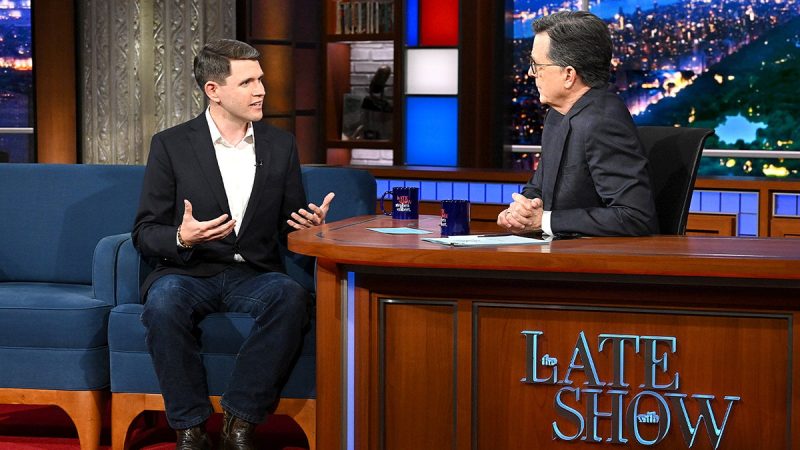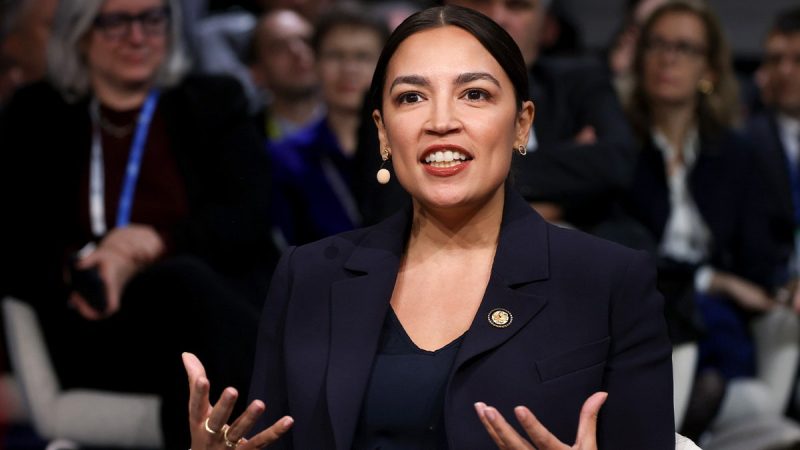UN Security Council backs Trump’s Gaza peace plan after Waltz calls territory ‘hell on earth’
The U.N. Security Council on Monday adopted a U.S.-backed resolution to end the Gaza war and deploy an international stabilization force after Ambassador Mike Waltz urged members to support what…
House GOP braces for Epstein files vote as concerns remain despite Trump’s green light
House Republicans are cautiously supportive of a bipartisan bill aimed at forcing the Department of Justice (DOJ) to release all its files on Jeffrey Epstein’s case after President Donald Trump…
Graphite One Confirms Rare Earth Elements at Alaska Deposit
Graphite One (TSXV:GPH,OTCQX:GPHOF) announced on November 13 that it has identified rare earth elements (REEs) at its Graphite Creek deposit, located north of Nome, Alaska. “The presence of two Defense…
Living Plants Offer New Path to Rare Earths Supply, Study Shows
Researchers have documented the first known recovery of naturally formed nanoscale monazite from a living plant, potentially opening up new paths to recover in-demand rare earth materials. The study, published…
Silver Stocks: 5 Biggest Companies in 2025
Silver mining companies are being supported by a silver price bull run in 2025. After climbing through 2025, silver broke its all-time high set in 1980 this October, reaching a…
East Star and Endeavour Mining to Collaborate on Kazakhstan Gold Assets
East Star Resources (LSE:EST) and Endeavour Exploration announced they have entered into a binding earn-in and joint venture (JV) agreement to advance gold exploration in Kazakhstan. Endeavour Exploration, a subsidiary…
Rio Tinto and Calix to Partner on Zero Emissions Steel Technology Plant
Rio Tinto (ASX:RIO,NYSE:RIO,LSE:RIO) said on Monday (November 17) that it has signed a joint development agreement with environmental technology company Calix (NYSE:CALX,ASX:CXL) to develop Calix’s Zero Emissions Steel Technology (Zesty)…
Longtime Walmart CEO to step down in January
Walmart announced Friday that longtime CEO Doug McMillon will retire at the end of January — which came as a surprise to some given the company’s success in a rapidly…
Zelenskyy moves to ‘clean up’ Ukraine’s energy sector as corruption scandal rocks leadership
Ukrainian President Volodymyr Zelenskyy announced new efforts to ‘clean up’ the nation’s energy sector amid a corruption scandal and near-constant attacks from Russia. Zelenskyy met with Ukrainian Prime Minister Yulia…
Skies at stake: Inside the US-China race for air dominance
From new stealth bombers to AI-enabled drones, the U.S. and China are reshaping airpower for a Pacific showdown – each betting its technology can keep the other out of the…



